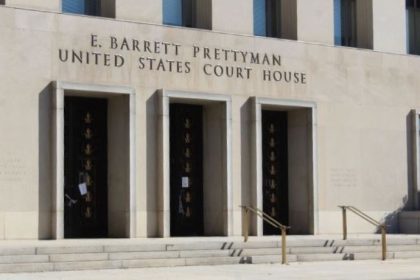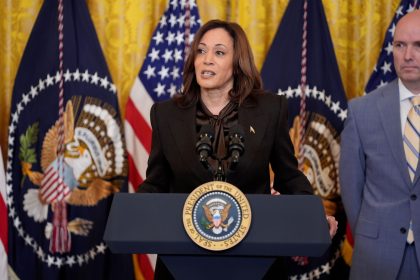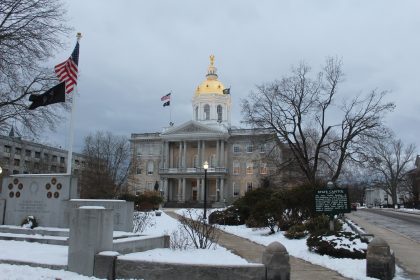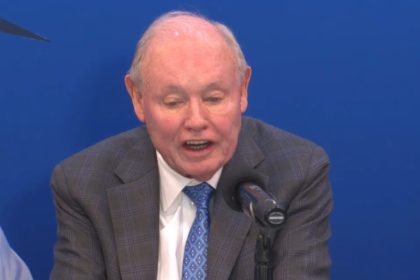Dems Sue Wisconsin to Expand Voting Access in Wake of Pandemic
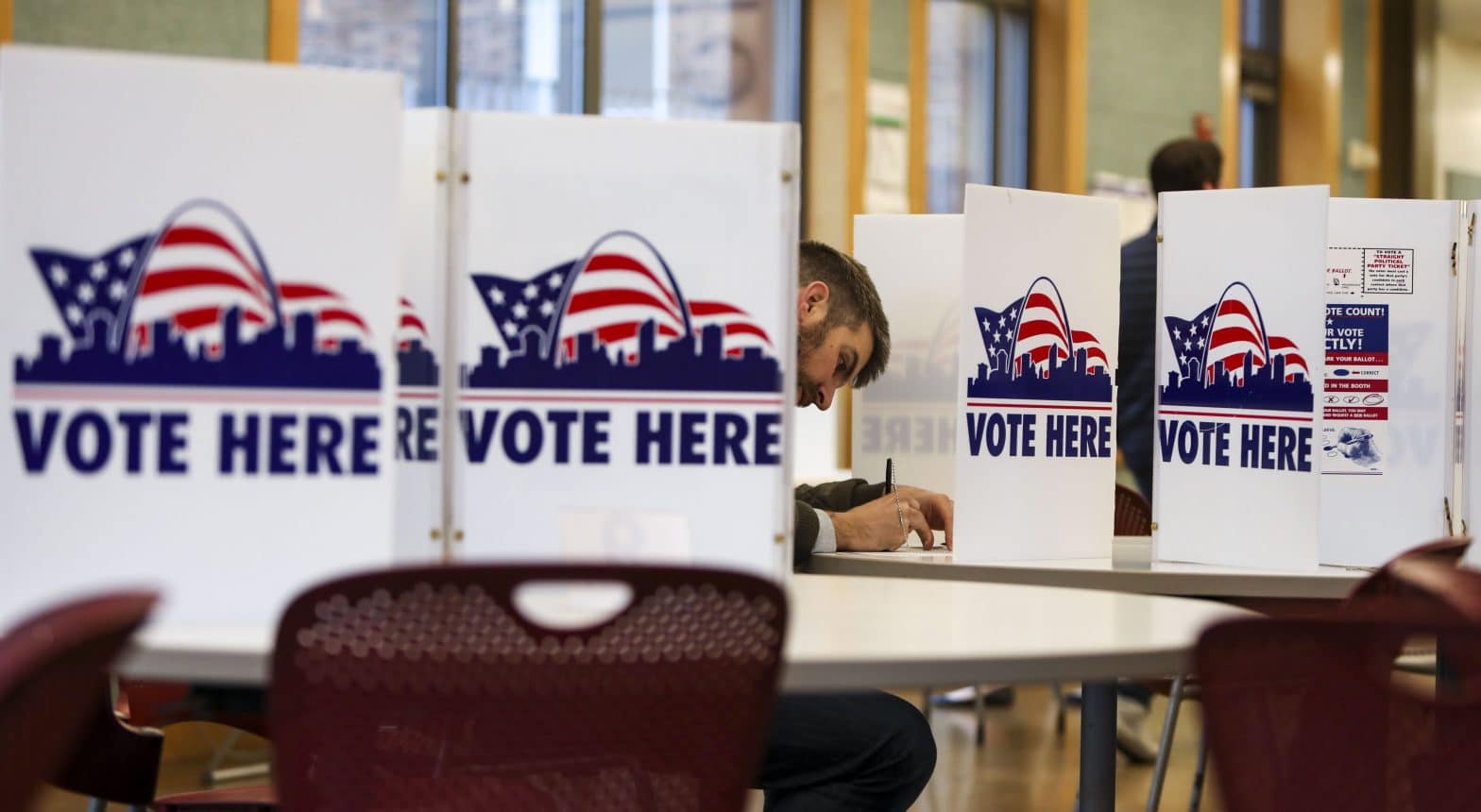
WASHINGTON – The Democratic Party sued the state of Wisconsin Wednesday in a bid to expand access to voting in response to the ongoing coronavirus outbreak.
The filing of the lawsuit in the U.S. District Court for the Western District of Wisconsin coincides with the state deadline for electronic and by-mail registration to participate in Wisconsin’s April 7 primary.
“Nobody should have to choose between exposure to COVID-19 and disenfranchisement,” said Ben Wikler, chairman of the Democratic Party of Wisconsin, which is a plaintiff in the lawsuit.
“The court should immediately strike down the barriers to full participation in voting by mail,” he continued. “Our democracy depends on our ability to conduct free, safe, and fair elections, no matter what—even during a pandemic.”
The lawsuit asked the court to:
- Extend the electronic and by-mail registration to April 3;
- Suspend the requirement that copies of photo identification accompany absentee ballot requests and copies of proof of residency documents accompany voter registration requests, for the duration of the COVID-19 outbreak; and
- Extend the current deadline requiring absentee mail-in ballots to be received by 8:00 p.m. on Election Day to being postmarked by Election Day and received by municipal clerks’ offices within 10 days of the election.
“These steps are critical to ensuring that all Wisconsinites who wish to participate in the April 7 elections are able to do so,” said Tom Perez, chairman of the Democratic National Committee.
“Given the necessary measures taken by Governor Evers and public health officials in Wisconsin to limit the spread of the virus, it’s more important than ever that we expand access to voting, and increasing these necessary measures will help protect both public health and Wisconsinites’ right to participate in our democracy,” he said.
According to the Wisconsin Department of Health Services, as of Wednesday afternoon there were 106 confirmed cases COVID-19 in the state.
In order to control the spread of the coronavirus, schools, libraries, and businesses across the state have closed, Gov. Tom Evers banned gatherings of more than 10 people in the state, and public health officials have recommended social distancing and self-isolation to individuals in Wisconsin and across the country.
The plaintiffs contend the unintended consequence of these measures is a limit on the ability of Wisconsinites to access the tools necessary to comply with current rules around voter registration and absentee ballot submissions and potentially prevent countless Wisconsinites from successfully voting.

















